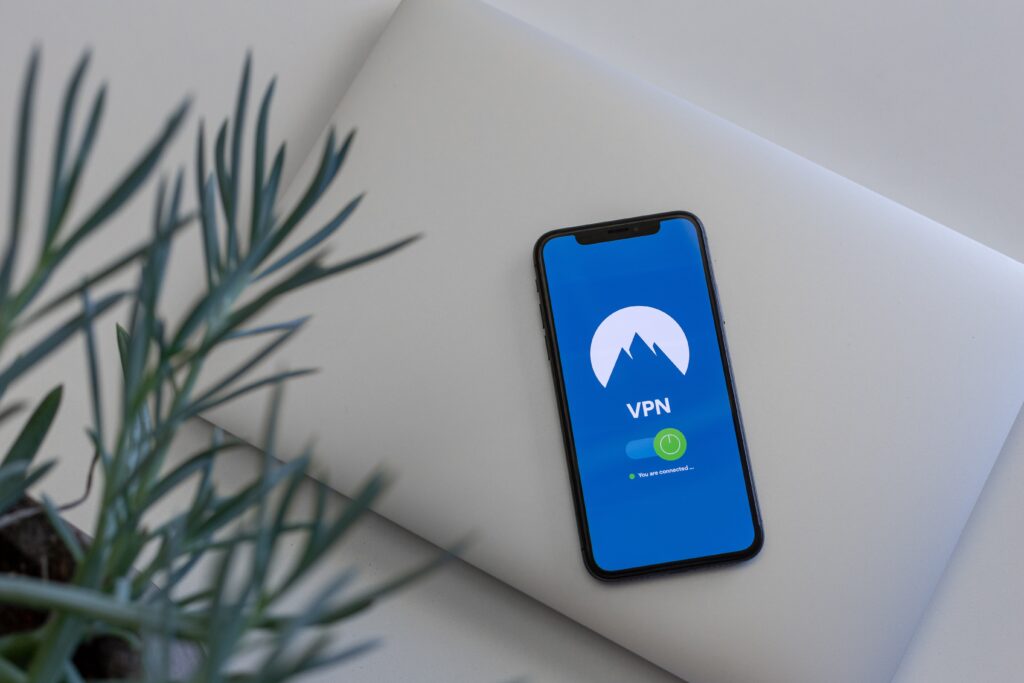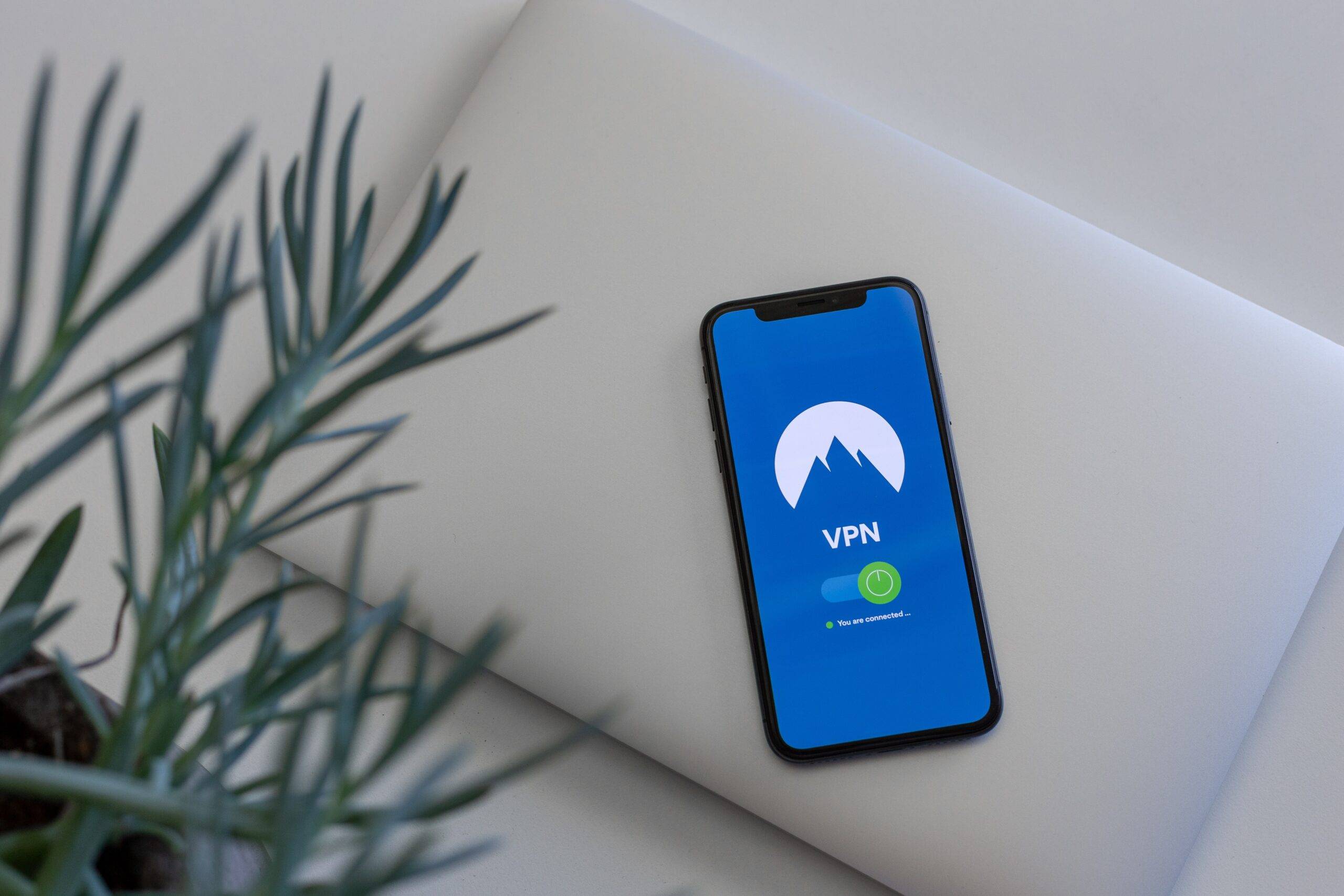Security and threats
Security and data privacy getting more and more important nowadays even if you are not a company owner only an individual who surfing on the internet. Or you are someone who prepare yourself to create a blog or small business or any digital and non-digital business.
Why?
Since Edward Snowden’s interview we know data privacy is not exactly a real thing due to some projects and agreements. Global surveillance exist and not always ensure data privacy. Former NSA contractor Edward Snowden described the Five Eyes as a “supra-national intelligence organisation that does not answer to the known laws of its own countries” Here you can read the Snowden Interview Transcript.
And this is only the top of the cake as the cake itself security threats which come as different forms on the internet.
Global surveillance
The UKUSA is a multilateral agreement for cooperation in signals intelligence, and publicly available since 2010 involves the details of the agreement. The Five Eyes alliance (FVEY) consists of these countries:
- US
- UK
- Canada
- Australia
- New Zealand
“In 2018, the Five Eyes countries released a statement saying they try to force tech companies to provide encryption backdoors“ according to Cybernews. US Attorney General William Barr repeatedly called for a similar bill (https://www.justice.gov/opa/pr/statement-attorney-general-william-p-barr-introduction-lawful-access-bill-senate). A similar ideas has been told by the UK, Canada, New Zealand, and others.
The Nine Eyes is an extension of the FVEY and consists of the following countries:
5-Eyes states +
- Denmark
- France
- Netherlands
- Norway
The Fourteen Eyes are a further extension of the UKUSA Agreement, it is known as SIGINT Seniors Europe (SSEUR). The following countries are part of it:
9-Eyes states +
- Belgium
- Germany
- Italy
- Spain
- Sweden
There are other third-party contributors to the UKUSA Agreement who have fewer rights and responsibilities. Among the third-party contributors are countries like Iceland, Greece, Hungary, Romania, the Baltics and many other European countries, as well as other allies like Israel, Singapore, South Korea, Japan, and more.
According to cybernews.com “global ECHELON is a surveillance program”
(signals intelligence/SIGINT collection and analysis network) “uses communications satellites to intercept private communications (telephone, computer, fax, etc.), which are then stored and analyzed. Meanwhile, the PRISM program collects the private communications data of US citizens from tech companies like Facebook, Google, and others.”
PRISM was established in 2007. Its purpose to collect communications data from large tech companies, including Microsoft, Yahoo!, Google, Facebook, and others.
Xkeyscore Edward Snowden draw XKeyscore as the be-all and end-all tracking system that lets the NSA read any online communication and know the location of any smart device.
Internet Service Providers (ISPs) doing the dirty work of intelligence agencies and law enforcement according to cybernews.com. They are the ones who watch your online activities too.
Services in 5-Eyes countries
If you are using a VPN service for instance operated by a UK company, then the VPN provider would collect data about you and share it with the UK government when necessary. Due to the UKUSA Agreement, your data may end up in the hands of an intelligence agency in the US, Australia, Canada, or some other party to this treaty.
Email services can be more sensitive than VPNs when it comes to privacy. There are few email services operating from Five Eyes countries for example Hushmail and Thexyz – both Canadian.
In 2007, Hushmail handed over 12 CDs of emails to the FBI.
There aren’t many encrypted messaging services based in Five Eyes countries, but some of the most prominent ones are there.
For example:
- WhatsApp is the most popular app in the category and it’s owned by Facebook.
“This is a huge red flag because of PRISM” according to Cybernews.
Data privacy
That’s why people turned to
- VPN services,
- private email services, and
- encrypted messaging apps to reclaim their privacy.
VPNs and email services based in the Five Eyes countries could be forced to provide access to your data, even if it’s encrypted.
Already wrote about a social engineering attacks in a previous article. Data privacy is very important for all of us.
Secure your online activities
For example:
- install antivirus software and keep it up-to-date
- research the security tools you are installing and know their features (if you do not know what is a software’s bug or feature, then how will you be able to protect yourself with the software at all?
Bug: a problem/failure to align with reasonable expectations based on requirements and norms;
Feature: functionality that is requested as a requirement or a change request.
The difference between the two that bug is a problem or part of the problem, while feature is part of the solution. Easy like 1×1, however if you have no idea about this then you might mix the two as you do not know or understand the behaviour of the tool or the software, so understanding the processes is a good idea. Not to mix bug and feature with each other as this will not help on you.
- use unique passwords for each log-ins
- get a VPN and start to use it continuously (especially if you are creating or building a business, traveling or in a country where you can be watched or surveillance is usual (read above).
Malware, threats and online attacks
As I wrote in a previous article in the Greenfrastructures blog there are several forms of social engineering attacks and online threats and cybercrimes from which we need to protect ourselves as individuals too.
The internet is a huge and several times a dangerous place.
Imagine this idillic picture:
You start to browse on the Internet to find the best toy for your cat or pet food for your dog and you can be so naive as you might be in your usual comfy place and do not even worry about threats, or do not even think about them.
But do not be naive, because they are still there.
You are out in the wild now.
Malwares
Malwares are malicious softwares and can spread with
- e-mail,
- careless browsing: if you click on any pop-up or advert chances are, you’ll end up on a malicious website. It will download malware in the background, and you’ll have a keylogger or a trojan on your device,
- by getting an e-mail from your coworker,
- or with a boundled software, which means you download a trustworthy software, but a malware comes with it. You can install malware together with legitimate software without even noticing, and it could be anything from slightly annoying adware to spyware stealing your banking data.
Signs your devices have malware
- speed change,
- performance issues,
- apps acting weird,
- suspicious apps,
- setting changes without a consent,
- unusual messages,
- overheating,
- suspicious charges etc.
Adwares
Adwares are a kind of malwares who are not really stealing your data, most of the time they show pop-up ads. They may show up on your desktop or in programs, websites, or apps that didn’t have them before.
Your data can be hijacked, rerouted and redirected even just accidentally too when you might
- get an e-mail and click on a link which include a malicious website or
- you download a file which contain a dangerous code, or
- you get an SMS, which looks like real, but it is not…
Think about malwares and other threats too. You need to be able to protect yourself from them. Otherwise your activities and safety might be compromised easily.
Against these kind of threats and risks VPN is part of the solution.
What a VPN is and why we need to know about it?
A VPN (Virtual Private Network) is a technology that creates a secure and encrypted connection between your device and the internet. When you use a VPN, your internet traffic is routed through an encrypted tunnel to a server operated by the VPN provider, which then sends your traffic to the internet.
Using a VPN provider, which is not from the 5-, 9-, or 14-eyes and other similar countries is important.
VPN creates
- privacy: help to protect your online privacy by masking your IP address and encrypting your internet traffic. This makes it difficult for anyone to track your online activities or intercept your data.
- security: add an extra layer of security to your internet connection, when you’re using public Wi-Fi networks. By encrypting your traffic, a VPN help to prevent hackers from stealing your personal information or sensitive data.
- access to restricted content: some websites or online services may be restricted in certain countries or regions as previously I wrote in the 5-, 9-, 14-eyes countries. By using a VPN, you can bypass these restrictions and access content that would otherwise be unavailable.
- anonymity: VPNs provide a degree of anonymity when browsing the internet. By masking your IP address, a VPN can make it more difficult for websites and advertisers to track your online activities and build a profile of your interests and preferences.
Get it Now and Use it
The fastest VPN is NordVPN, which can help you in several things.
It is registered in Panama. (The country has no data retention laws). Important to note that even in these countries, government agencies still monitoring the internet traffic for legitimate reasons such as national security.
Enhance data privacy and security online
Using a VPN can enhance your (data) privacy and security online. However even with VPN there is still a way that your online activities will be traced or monitored.
It can provide different kind of threat protection and security features on different levels. With NordVPN you can securely access to apps, websites, and entertainment.
NordVPN able to
- secure your online activities,
- hide your IP,
- provide 24/7 support,
and have some other features too, which can help you to create a secure network and protect your online activities. It is compatible with Microsoft Windows, macOS, Linux, Android, iOS, and Android TV. While manual setup is available for wireless routers, NAS devices, and other platforms.

If you need to protect your data and privacy then start to use VPN services:
If data privacy is important for you I recommend use the VPN service you have chosen as on the internet others are just strangers for you and you never know what can you expect from a stranger (first), so being cautious is better than regretting something later on.
This article may contains affiliate link. Please see Disclosure Policy regarding the links. Thank you.
